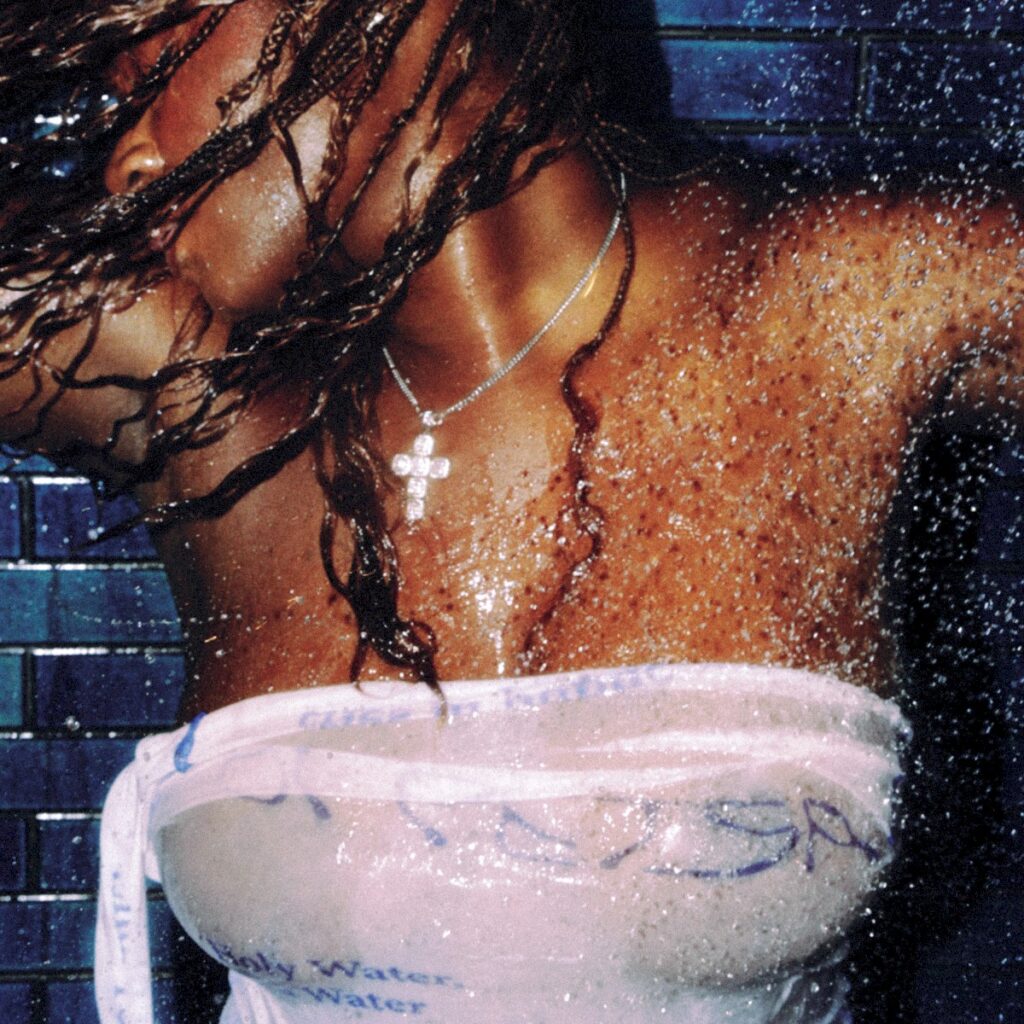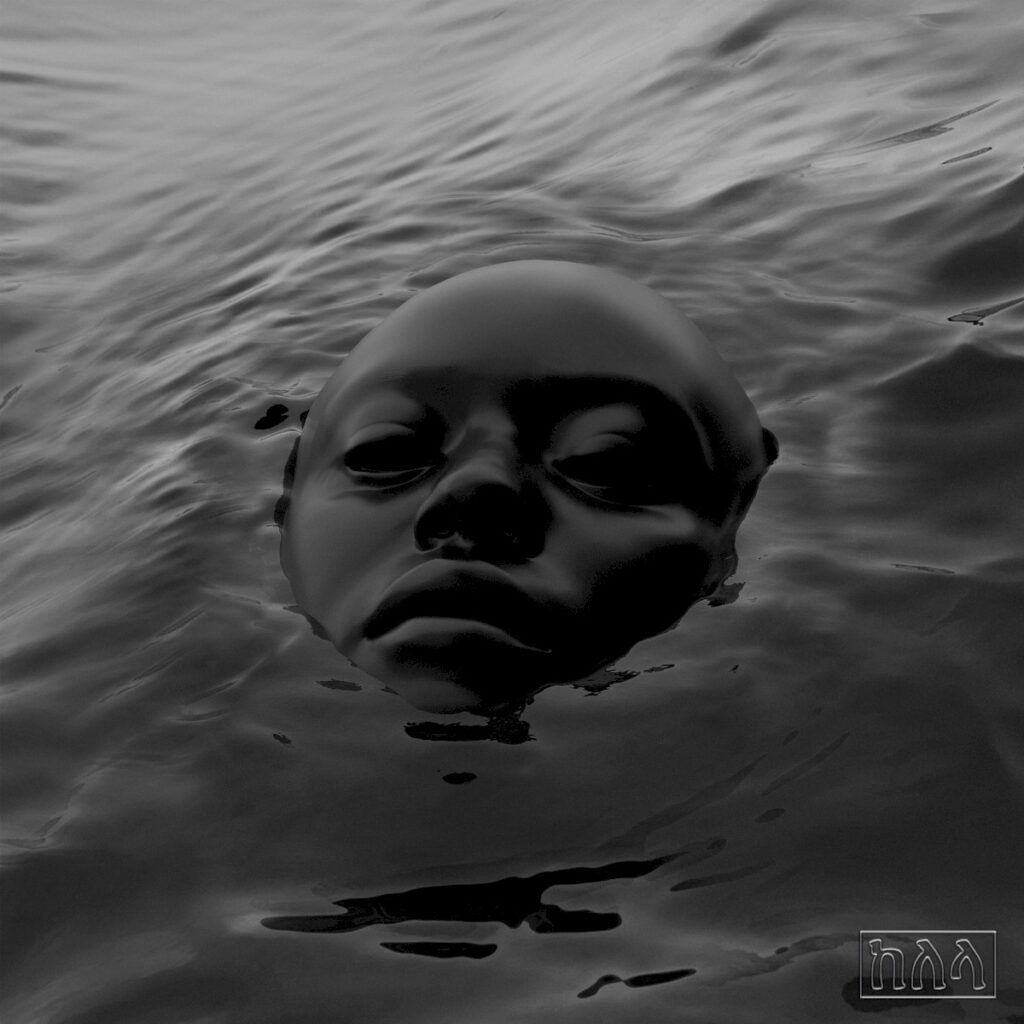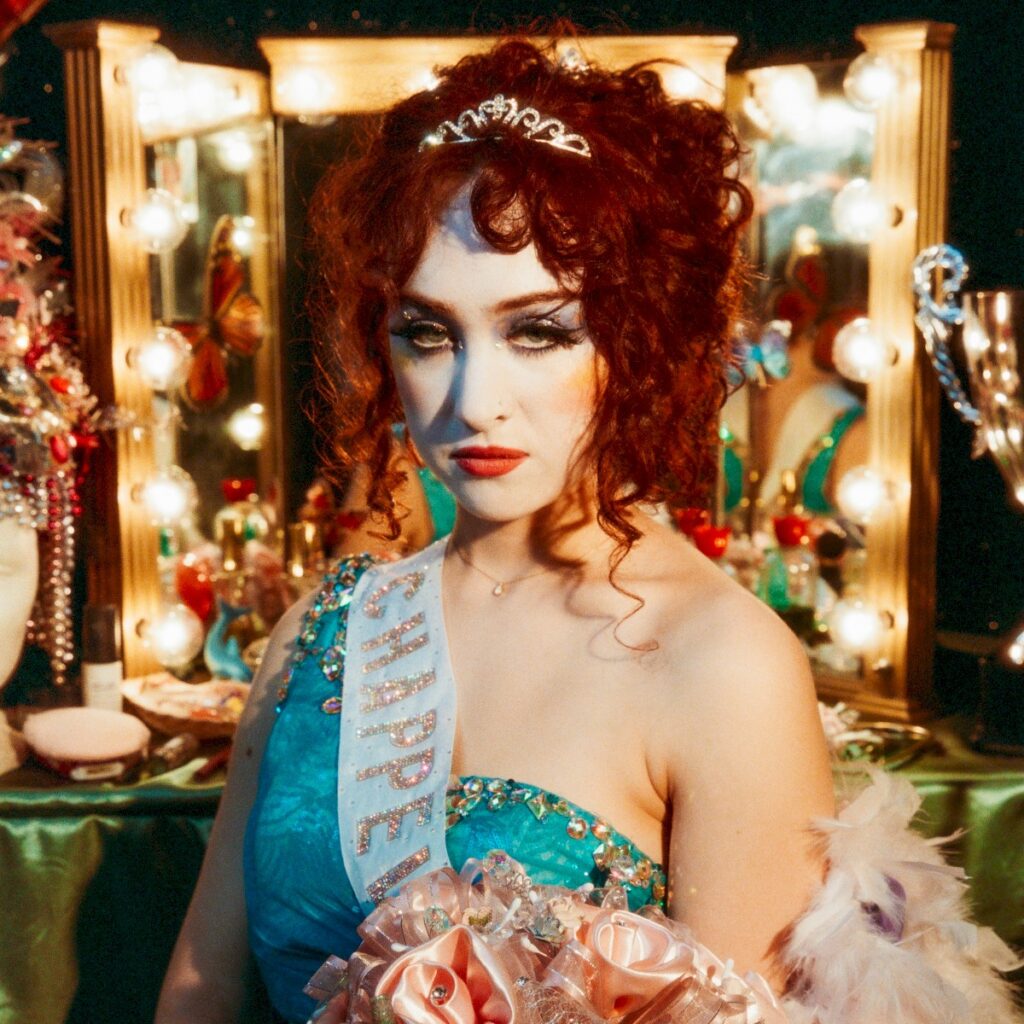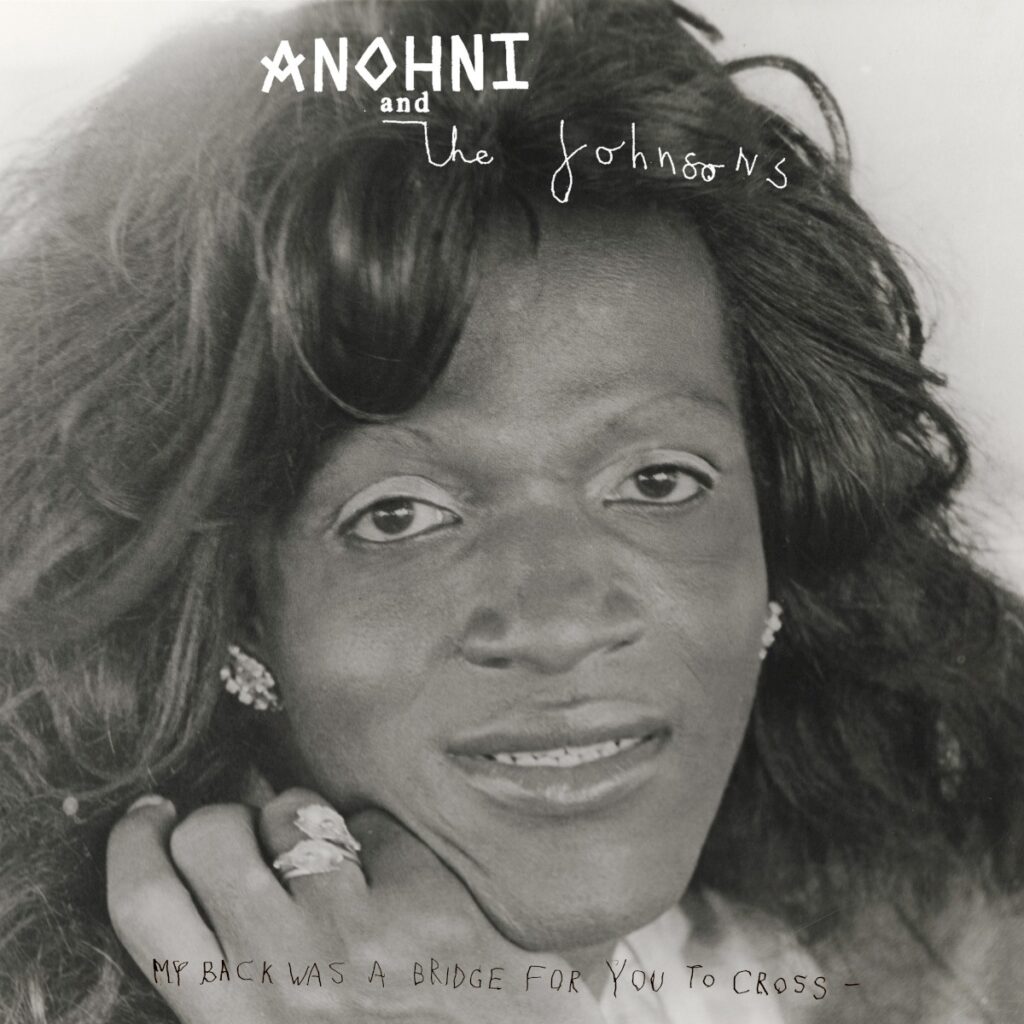Previously,
The Best 20 Albums of 2020: My Picks
The Best 20 Albums of 2021: My Picks
The Best 20 Albums of 2022: My Picks
20.
Young Fathers, ‘Heavy Heavy’

Heavy Heavy, the fourth studio album of the Scottish hip-hop group Young Fathers, is an album that thrives on contrasts and contradictions. The title itself hints at the duality that permeates the record: the weight of the world’s troubles juxtaposed with the exuberance of life. This duality is evident in the album’s thematic exploration of hope and despair, love and anger, creation and destruction, offering a jubilantly eclectic new sound that manages to turn against atrocity towards a celebration of life. The album’s lyrics are imbued with a sense of urgency and conviction, addressing socio-political issues with a poetic and often ambiguous touch. The frenetic opener Rice features lines like “fill these boots to feel my soul and say, ‘Buy more drugs to feel that love again’ / Kill them slow, they reap I sow, amen,” which refer to the exploitation of natural resources in Africa and the people forced into labor. This blend of personal and political themes creates a rich tapestry that invites listeners to engage deeply with the music. Holy Moly, described as the most turbulent track on the record, features seismic drums and a boyish chorus that evoke a sense of apocalyptic urgency. The verse, “time pass over / when winter brings the hope / joy shall follow,” offers a glimmer of optimism amid the chaos. Heavy Heavy witnesses the band’s ability to transition between different styles, weaving together elements of soul, pop, rock, hip-hop, and noise. Young Fathers tend to pull off such transitions within a single track, where distinctive styles can neatly fit together like the pieces of a puzzle.
19.
Amaarae, ‘Fountain Baby’

Fountain Baby is an exploration of desire, identity, and cultural fusion. Amaarae, a Ghanaian-American artist, has always been vocal about her disdain for rigid genre categorizations, particularly for African artists. This album is a manifestation of that philosophy, blending elements of Afrobeats, R&B, hip-hop, and even rock and roll into a cohesive yet eclectic soundscape. The album’s title, Fountain Baby, is a metaphor for abundance and creativity. Amaarae describes a “fountain baby” as an abundant Child of God, one whose cup overflows with swag and creativity. This sentiment is expressed throughout the album, from the opulent instrumentation to the confident, often sensual lyrics. Amaarae’s identity as a queer woman of color is a significant influence on Fountain Baby. The album is a bold statement of self-expression, embracing overt sensuality and sexuality. This is particularly evident in tracks like Water From Wine and Come Home to God, where she explores themes of love, spirituality, and self-identity. Amaarae’s voice is the glue that holds the album together. Her fluid, wispy vocals dance around the production, creating a synergy that is both enchanting and powerful. Whether she’s delivering sultry ballads or playful club bangers, her voice remains a constant, guiding the listener through the album’s diverse sonic landscape. The album’s production is a masterclass in genre-blending, where Amaarae incorporates elements from a wide range of musical traditions, including West African percussion, South Asian instruments, and even Japanese sounds. This eclectic mix is evident in tracks like Counterfeit, which features Senegalese rock rhythms, and Reckless & Sweet, which combines psychedelic elements with a Kpanlogo beat.
18.
Kelela, ‘Raven’

Raven marks a significant evolution from Kelela’s critically acclaimed debut, Take Me Apart. At its core, Raven is an exploration of Kelela’s personal and artistic rebirth. The album’s title and its thematic underpinnings draw from the metaphor of the raven, a creature often associated with transformation and mediation between worlds. Kelela herself has described the album as “an affirmation of Black femme perspective in the midst of systemic erasure and the sound of our vulnerability turned to power.” This sense of rebirth and empowerment is palpable throughout the album, as Kelela navigates the dualities of intimacy and alienation, vulnerability and strength. Raven is a sonic tapestry woven with intricate layers of electronic beats, ambient soundscapes, and Kelela’s velvety vocals. The album features a roster of electronic producers and kindred spirits, such as Asmara of Nguzunguzu, LSDXOXO, Bambii, and Kaytranada, who infuse the album with winding rhythms that draw from drum’n’bass, garage, Baltimore club, and other strains of Black electronic music. Raven is constructed as a continuous mix, evoking the experience of a night out at a hazy, secluded club. Tracks like Contact place Kelela’s delicate melodies over scuffed jungle beats and warped synths, creating a Dionysian rush of lust and euphoria. On the Run is driven by a dewy dancehall groove, perfectly complementing Kelela’s self-possessed, sexy come-ons. Sorbet, another highlight, is characterized by its slow-motion lust and hypnotic, swirling beat. Kelela’s airy backing vocals and the song’s reverb-soaked climax create a transcendent listening experience, offering a swift dose of propulsive euphoria before gently ebbing back.
17.
Chappell Roan, ‘The Rise and Fall of a Midwest Princess’

Chappell Roan’s debut album, The Rise and Fall of a Midwest Princess, is a vibrant, multifaceted exploration of identity, queerness, heartbreak, and the tumultuous journey of self-discovery. Roan, born Kayleigh Rose Amstutz, uses her alter ego to navigate the complexities of moving from a conservative small town in Missouri to the bustling, liberating environment of Los Angeles. Roan’s inspiration for the album’s storyline is drawn from her personal experiences and the influence of Ethel Cain’s Preacher’s Daughter. She describes the album as “the storyline of a girl who moved from a small conservative town to a city and had an awakening of this world she never knew existed.” The album’s opener, Femininomenon, sets the tone with its playful yet poignant exploration of Roan’s queer identity and the challenges of finding oneself. Tracks like Pink Pony Club are a heartfelt homage to the drag queen community that Roan credits with inspiring her. The song captures the joy and sacrifices associated with embracing one’s true self, making it a powerful anthem for queer liberation. Similarly, Naked in Manhattan delves into the initial stages of self-discovery, portraying the excitement and uncertainty of exploring one’s identity in a new environment. California serves as a love letter to Roan’s Midwestern roots and the person she has become, reflecting on the disillusionment of moving to Los Angeles and the longing for the simplicity of home. Musically, The Rise and Fall of a Midwest Princess is a rich tapestry of pop, synth-pop, pop rock, new wave, folk-pop, rock, dance-pop, country, and disco elements. Roan’s collaboration with Nigro, known for his work with Olivia Rodrigo, is evident in the album’s production. Femininomenon exemplifies the album’s eclectic sound, which begins with lush strings and transitions into a synth-driven pop anthem, complete with motorcycle revs and playful lyrics. This track sets the stage for the album’s diverse sonic landscape, which includes the country-tinged Kaleidoscope and the disco-infused Red Wine Supernova.
16.
ANOHNI and the Johnsons, ‘My Back Was a Bridge for You to Cross’

ANOHNI’s latest album, My Back Was a Bridge for You to Cross, marks a poignant return to her collaborative roots with the Johnsons, a band that has been instrumental in shaping her sound. My Back Was a Bridge is a deeply introspective and socially conscious album, whose title itself is a metaphor for the burdens and sacrifices made by marginalized communities, particularly the transgender community, to pave the way for future generations. This is poignantly illustrated by the album cover, which features a portrait of Marsha P. Johnson, a pioneering LGBTQ rights activist. The album’s themes are multifaceted, addressing issues such as ecological destruction, social injustice, and personal trauma. ANOHNI’s lyrics are a blend of the personal and the political, often blurring the lines between the two. In the opening track It Must Change, she sings about a “gut-wrenching desolation” that could be interpreted as both a personal lament and a commentary on environmental degradation. ANOHNI’s voice has always been her most powerful instrument, capable of conveying a wide range of emotions. On My Back Was a Bridge, her voice is both a source of comfort and a vehicle for expressing deep-seated pain. Also, the fact that many of the vocal takes were first takes adds an element of rawness and authenticity to the album. Sonically, My Back Was a Bridge is a departure from ANOHNI’s earlier works, which were characterized by orchestral arrangements and electronic elements. This album leans more towards soul and blues, where the influence of Marvin Gaye’s What’s Going On is evident, both in the album’s thematic concerns and its musical style. Tracks like Rest feature elements of 1970s prog-rock and blues, creating a sound that is both nostalgic and contemporary. Scapegoat features an epic Purple Rain-esque outro, adding a dramatic flair to the album. The song’s lyrics, which deal with themes of blame and redemption, are some of the most powerful on the album.
Continue Reading:
The Best 20 Albums of 2023: My Picks #15-11
The Best 20 Albums of 2023: My Picks #10-6
The Best 20 Albums of 2023: My Picks #5-1